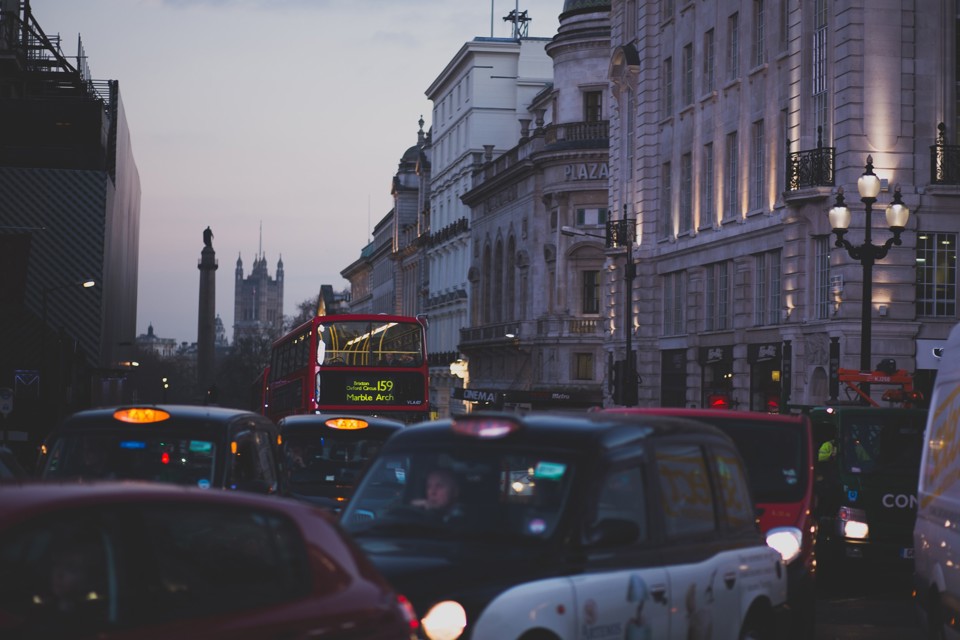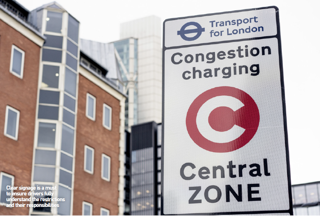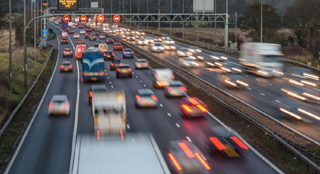Three-quarters (74%) of city dwellers want smart city measures to cut congestion, research from ATG Access has shown.
The company’s Smart cities: Turning the dream into a reality report found that around two-thirds (65%) of people who live in urban areas are frustrated with the levels of traffic in their city.
Londoners were the most frustrated with traffic levels (76%), followed by city dwellers in the south east (74%) and the south west (68%).
The study found that 75% of those surveyed would like to see the implementation of smart traffic lights to respond in real-time to the volume of traffic on the roads, while just over two-thirds (67%) expressed a strong desire for better traffic light control measures during busier times.
Traditional methods of easing traffic flow scored lowest among consumers with just 37% of those surveyed wanting to see more parking restrictions on busy roads and 40% wanting dedicated cycling and bus lanes during busy times.
More than half (57%) of those surveyed admitted that they would be happy for a portion of their tax contributions to go towards smart traffic lights in their city.
Gavin Hepburn, managing director at ATG Access, said: “Our research has found a clear public desire for smart traffic control measures, which could ease the daily commute for millions of travellers every day.
“Smart city concepts such as responsive traffic flow measures - ranging from smart traffic lights, to programmable smart bollard systems which control traffic - can drive efficiency and drastically cut commuter times.
“Not only does this have the potential to save the economy £9 billion a year, measures such as these can also dramatically improve a city’s level of air quality.
The report by ATG Access, which designs and manufactures bollards, road blockers, barriers and other vehicle barriers, outlines the urbanisation problems that could be solved through the adoption of specific smart city concepts, such as traffic, crime and emergency incident response.
It explores consumer attitudes and perceptions towards smart cities, and ways to overcome current barriers to adoption in the UK.





















Login to comment
Comments
No comments have been made yet.